Max Littman, LCSW
March 1, 2025
The Cultural Burden of Extraction
Since the Industrial Revolution, we have been taught to see the world through a lens of extraction. The earth is mined for resources, labor is extracted for productivity, and even human relationships are often reduced to transactional exchanges. Capitalism thrives on the idea that everything, including people, is a resource to be used rather than a living entity to be nurtured and savored. Just as we are conditioned to mine ourselves for productivity, efficiency, or self-improvement, we are also conditioned to mine our inner world for insights, breakthroughs, and progress. But healing doesn’t work that way. It unfolds in relationship, in witnessing, in allowing. We do not force our skin to regenerate when we have been wounded. The body has the power to heal itself. And so do our minds.
This cultural burden of extraction also manifests in our inner work. In IFS, there’s a significant difference between being open to parts revealing themselves and actively seeking them out before they’re ready. Parts are meant to be witnessed, not extracted. If we approach our internal system with an agenda, such as searching for parts and the information they hold rather than letting them come forward and meeting them as they do, we risk reinforcing the very burdens we’re trying to heal. We can discern when we are mining (e.g. parts) and when we are attuning (e.g. Self energy). Mining for parts can become another way of exerting control, of treating our internal world as something to be managed rather than related to and attuned to with curiosity and care.
Discernment and Attunement
Recognizing when our relationship with our own system is shaped by cultural burdens is a form of discernment. Before I could develop an unburdened discernment rooted in attunement, my system first had to identify the weight of these cultural forces. The pressure to track, anticipate, and manage both my internal world and external expectations was not just personal, it was shaped by larger narratives about individualism, productivity, and self-sufficiency. These forces influenced how I related to my parts and how they, in turn, related to the world around me. Notably, I still slip into this culturally burdened way of relating.
Discernment is an essential skill in IFS work, both in navigating our own systems and in supporting the systems of our clients. It allows us to distinguish between parts, Self energy, and non-parts-based experiences like physiological states and biological responses. But discernment isn’t just a skill; it can also be a gift. One that, in my own system, was initially shaped by burden and later transformed into an unburdened way of being.
Early on, my parts learned to track the emotions, behaviors, and expectations of others out of necessity. Like many who experience relational or cultural wounding, hypervigilance and sensitivity became survival tools. My system learned to scan for subtle shifts in mood, tone, or energy, both within myself and others, so I could anticipate what was expected of me to maintain psychological safety (e.g., protection from shame). More specifically, my tracking parts were adept at discerning external expectations in academic settings, general life lessons, and professional environments. For example, in academic settings, they quickly identified what type of student I was expected to be to earn approval from teachers; in social situations, they picked up on unspoken rules to avoid rejection; and in professional environments, they adjusted my demeanor to align with workplace norms and expectations. As a result, I developed an ability to identify, discern, and track what was happening within myself and the ability to explain it well to others. These tracking parts’ burdens were shaped by the pressure to become a functional, safe, independent adult in the “appropriate” timeframe.
This tracking originally carried a weight, a burden of responsibility to manage my life in a particular way that did not originate with me. The cultural burden of individualism shaped my limited view on what it is to be an adult, what is needed to be an adult, and the timeframe by which it needs to be accomplished. But as I have engaged in my own IFS work, these parts burdened by a restricted view of adulthood found their way with me to much unburdening. Now, their tracking is more of a gift rather than primarily a survival mechanism. It allows me to be deeply attuned not just to my own system but to others’ systems, sensing the edges of activation, knowing when a part is ready to be acknowledged, and feeling the presence of Self energy even when it’s only a flicker.
I’ve learned that discernment isn’t just about recognizing parts versus Self, or parts versus physiological experiences; it’s also about recognizing when we are engaging in extraction versus engagement or other culturally burdened forms of relating. Are we listening to parts, or are we pulling at them? Are we treating healing as a process of discovery and reverence, or as something to be managed and optimized? Are we attuning to our systems and others’ systems with patience, or are we pressuring parts to move on a timeline?
The shift from extraction to attunement is a shift from burdens to Self energy. It is a move away from control and toward presence. When we stop mining for answers and instead trust the intelligence of our systems, we make space for what is ready to be seen, felt, and healed. And that, in itself, is an act of unburdening, not just for our own parts’ personal burdens, but for the cultural burdens we’ve inherited as well.
For feedback and comments, I can be reached at max@maxlittman.com.
I provide private practice mentorship, consultation, and therapist/practitioner part intensives.
